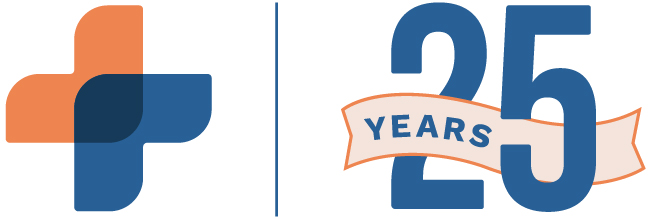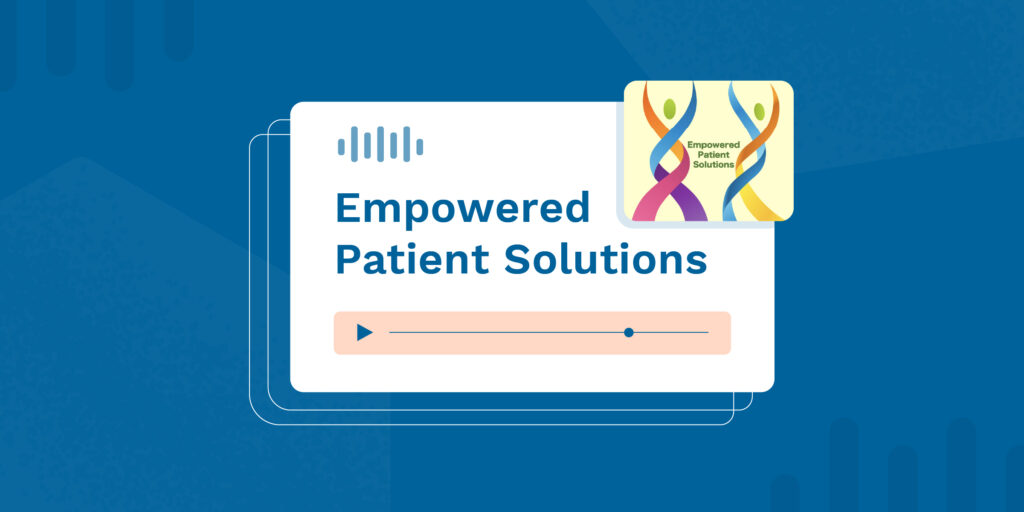Fact: The DEA’s 2010 Electronic Prescribing for Controlled Substances (EPCS) ruling permitted pharmacies across the United States to receive and dispense electronic prescriptions.
Fact: EPCS regulations mitigate opioid-related deaths by reducing errors, prescription fraud, and “doctor shopping” for medications—while increasing prescription security and drug monitoring.
Fact: E-prescribing reduces the time spent on each controlled substance by more than 600%, from 3-5 minutes to 30 seconds.
Fact: Electronic prescribing could save as much as $240 billion in healthcare costs and medication adherence.
Fact: Less than half of healthcare professionals are enabled for e-prescribing of controlled substances.
These eye-opening facts illustrate the benefits of the Electronic Prescribing for Controlled Substances ruling. So why aren’t more prescribers adopting EPCS?
Perceived as an inconvenience
To prescribe Schedule II-V substances electronically, the DEA requires that providers use a two-factor authentication process:
- The prescriber’s unique NPI identifier, and
- A security one-time password, available as either a hard or soft “token”
An authentication “token” is a one-time code dispensed by a small hardware device, usually about the size of a key fob (or generated by an app*). According to a report by the National Institutes of Health (NIH), 45% of providers find this inconvenient; however, 19% say that the advantages outweigh the additional effort.
Providers who use a peripheral “hard” token (device-generated) must keep the device secure at all times. The same NIH report found that nearly 60% of prescribers see this as an inconvenience, with 24% saying that the advantages outweigh the burden.
*Some e-prescribing solutions, including RXNT’s eRx software, offer both hard token and software or “soft token” options.
Disruption to workflows
Despite 1 out of every 4 providers believing that EPCS will impede their workflow, EPCS is more efficient than manually writing a prescription. According to data presented at a meeting of the Healthcare and Information Management Systems Society (HIMSS) in Pennsylvania in March 2018, e-prescribing is at least six times faster than prescribing controlled substances manually.
And e-prescribing greatly reduces the amount of time providers and pharmacists spend on the phone. Research from Aetna showed a 53% reduction in calls from the pharmacy and a 62% reduction in calls to the pharmacy when medications are prescribed electronically.
EPCS is here to stay
While EPCS adoption started slowly, by 2019 more than 159 million controlled substances had been prescribed electronically. And soon, prescribers won’t have a choice. Starting on January 1, 2021, the United States federal government’s SUPPORT Act will require e-prescribing for controlled substances to Medicare Part D beneficiaries. Plus, several states have already required EPCS adoption with more expected in the next few years.
It’s not just federal and state governments who are advocating for EPCS regulations. Retailers, such as Walmart, are also pushing to require EPCS for prescriptions filled at their stores.
If you’re ready to adopt an electronic prescribing solution or would like to see how EPCS features work in action, RXNT can help. Our award-winning eRx software is EPCS-certified by the DEA. And we’ll have you up and running in a matter of days, guaranteed.
Sources:
National Healthcare Leaders Embrace Electronic Prescribing of Controlled Substances
Prescribers' expectations and barriers to electronic prescribing of controlled substances
Secure E-Prescription Software Helps Healthcare Orgs Battle the Opioid Crisis
Taking control of controlled substances: Fighting the opioid crisis through electronic prescribing





